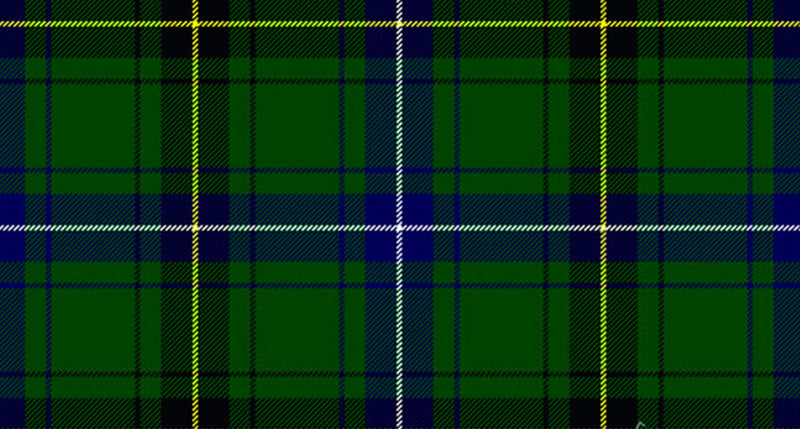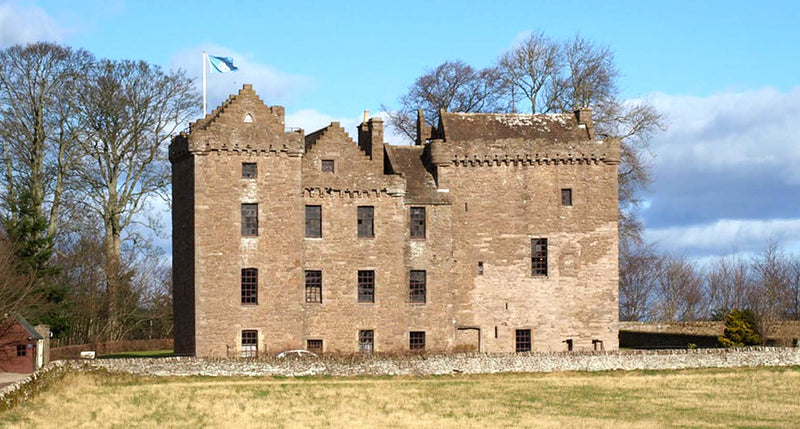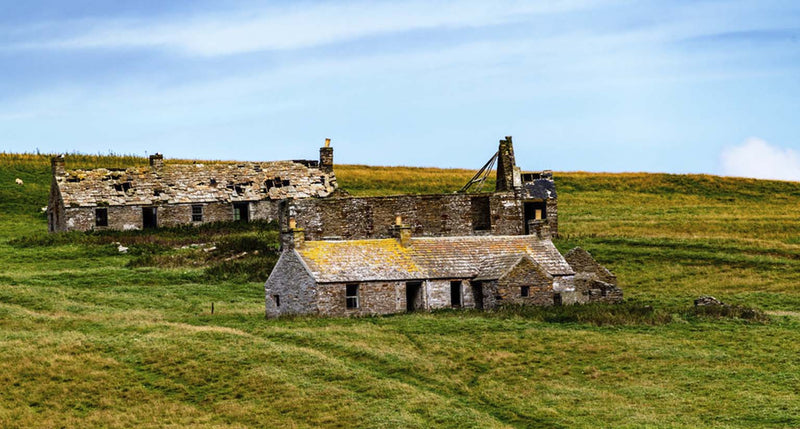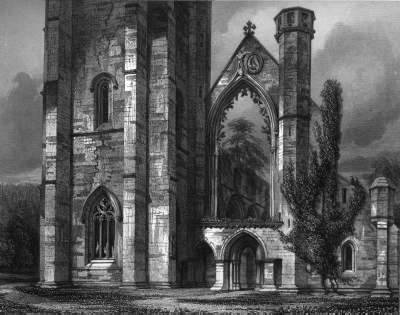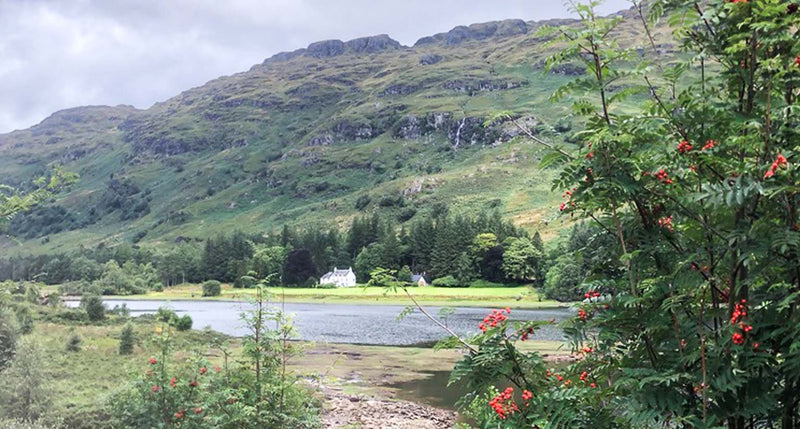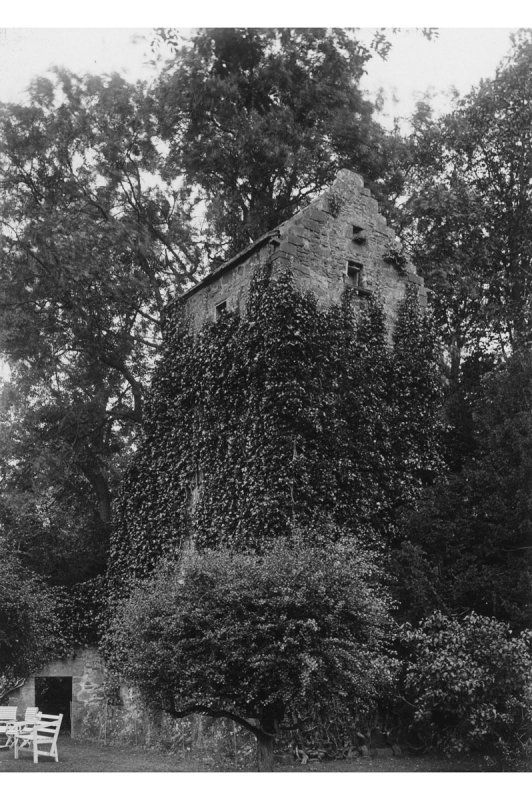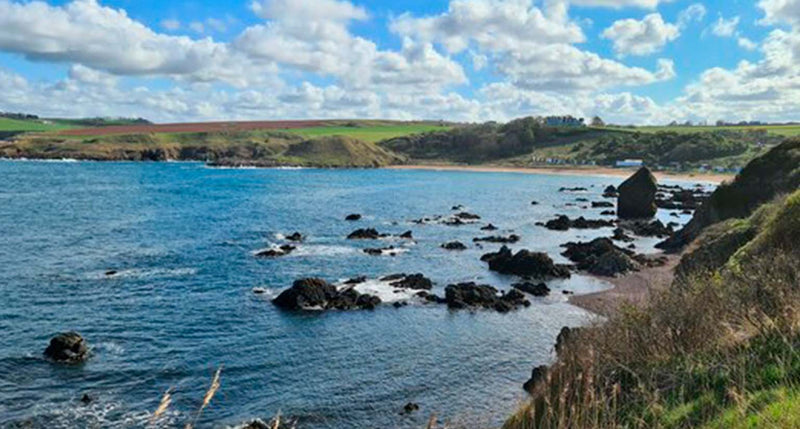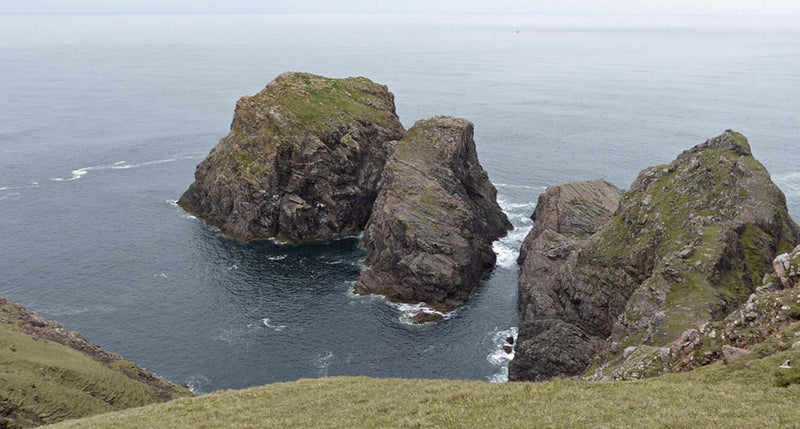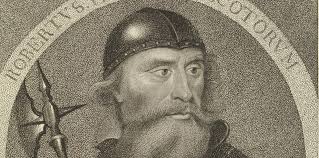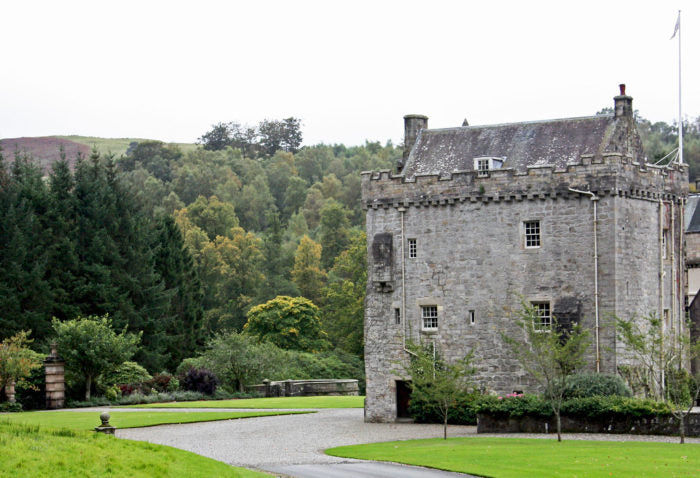Henderson Tartans Henderson Ancient Henderson Modern
Category Archives: Clan History
Thor, son of Sweyn the Viking chief, was the founder of the Ruthven clan, which takes its name from the lands north of Loch Rannoch in Perthshire. In Gaelic these lands are called Ruadhainn. The Ruthven family history reads like a saga worthy of their Viking origins, with shady characters and dark deeds. Patrick, 3rd […]
The name Strange is generally found in the Scottish Lowlands, particularly in Fife, although there are some families of this name found in Orkney. It is believed that the name derives variously from the Norse Strangi, the Norman name ‘etrange’, meaning stranger or foreigner, or the Scots form of ‘Strong’. In Orkney the name generally […]
The name originates in France in the 12th century from the town of the same name. Robert de Betunia appears as a witness in a charter of De Quinci between 1165 and 1190. Around this time the name was often spelled Betun or Beton and in the 16th century it was often confused with the […]
There is a legend that says the Antonine Wall was broken by Greme, a great Caledonian chief, as he drove the Roman legions out of his country. This, unfortunately, might never be proven. From the records available, the first Graham known in Scotland was Sir William de Graham, a knight who accompanied David I, England’s […]
The name bell may possibly derive from the French ‘Bel’ or ‘Belle’ and families of this name are found almost exclusively in the Borders, particularly Dumfriesshire. Various spellings have been recorded, including Bel, Bellis, Belle, Beal, and Bale The Bells settled in Middlebie Parish in Dumfriesshire around the 11th century and by the 17th century, […]
The name Lumsden is of territorial origin, deriving from Lumsden, an old manor in the parish of Coldingham, Berwickshire. Brothers Gillem (William) and Cren de Lumsden were witnesses to a charter by Waldeve, Earl of Dunbar, to the Priory of Coldingham between 1166 and 1182. This is the earliest known recording of the surname Lumsden. […]
The name MacKay takes its origins from the gaelic “Macaoidh” or “son of Hugh”. The identity of this Hugh is uncertain but the name probably derives from a member of the ancient Celtic royal house, whose branches disputed the throne in the twelfth and thirteenth centuries. The MacKays also have strong links with the progeny […]
When William the Conqueror came to England he had a companion named Robert of Comyn, believed to have been so named from Comines in Flanders, whom he made Earl of Northumberland in 1069. When David I came to Scotland, Robert’s grandson Richard came with him, and was made Chancellor of Scotland in 1133. The speed […]
The origin of the Edmonstone Clan is uncertain. There are two versions of where the name comes from Eric Anundsson or Eymundsson (traditionally died 882) who was a Swedish king who ruled during the 9th century. The first Edmonstone was said to come to Scotland in 1067 with Saint Margaret (1045 -93). This version is […]

